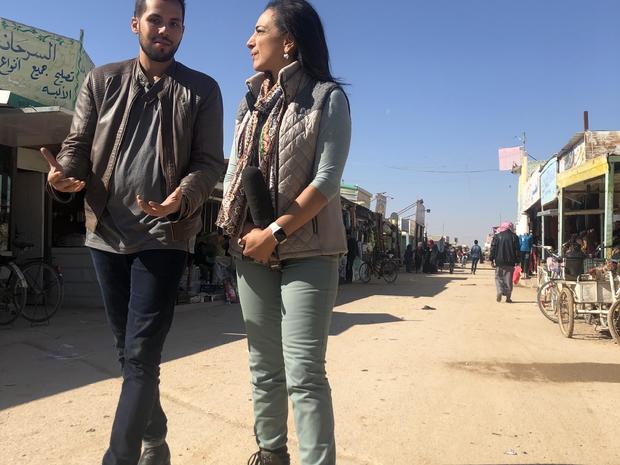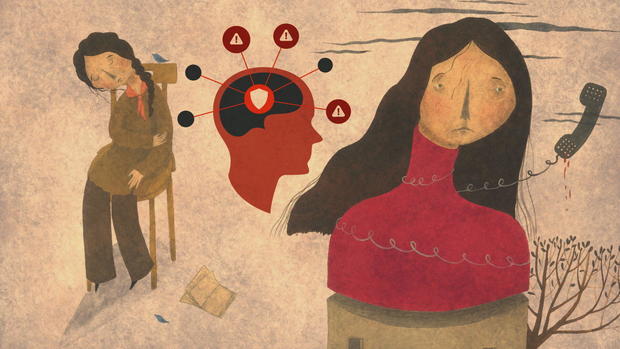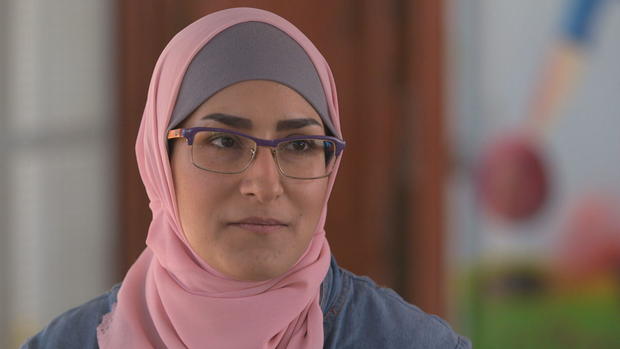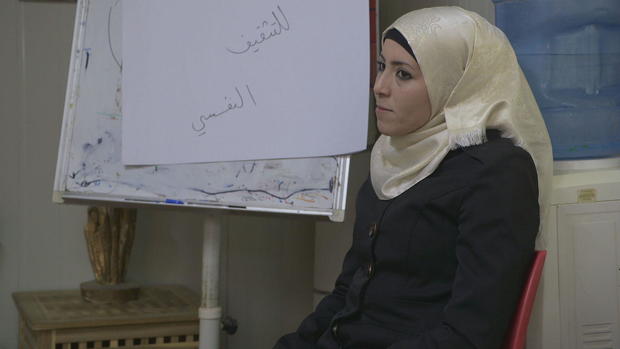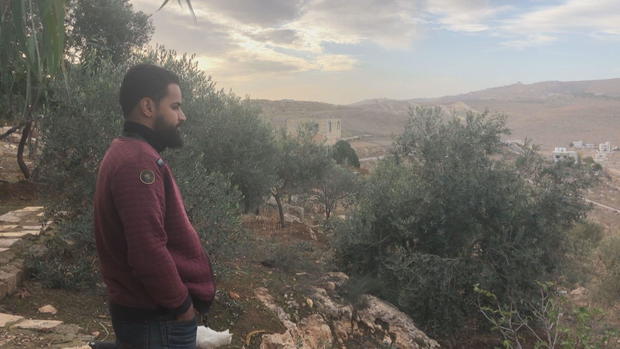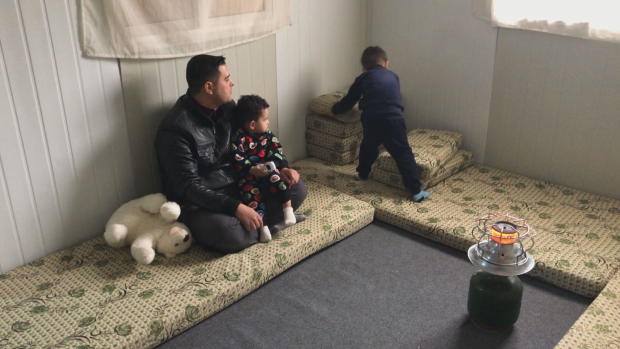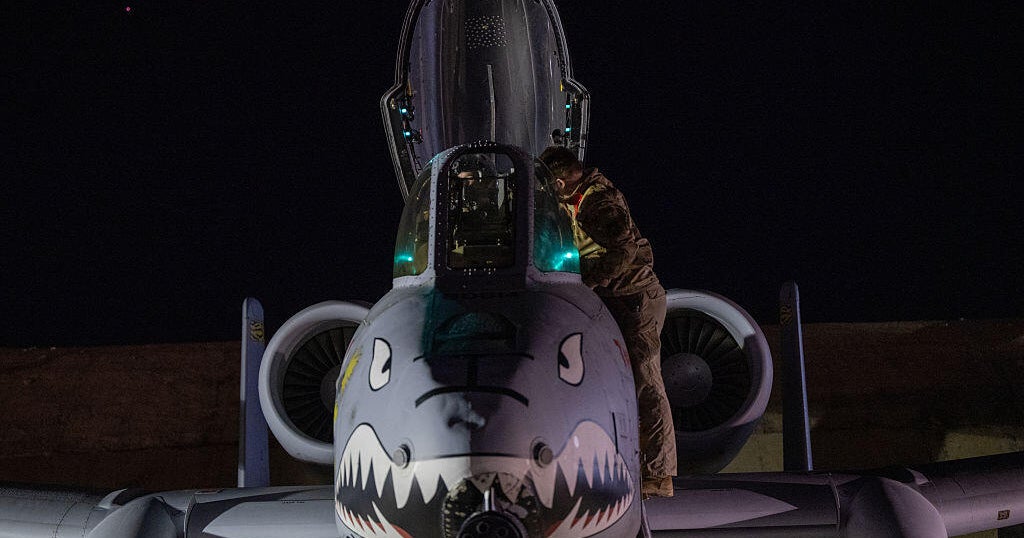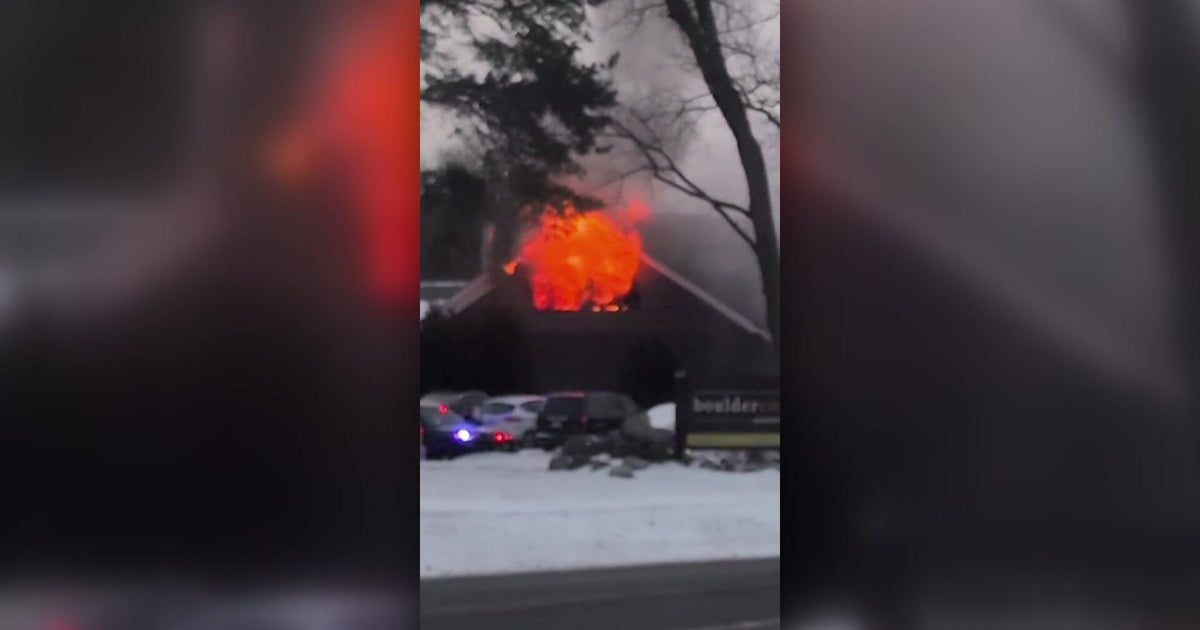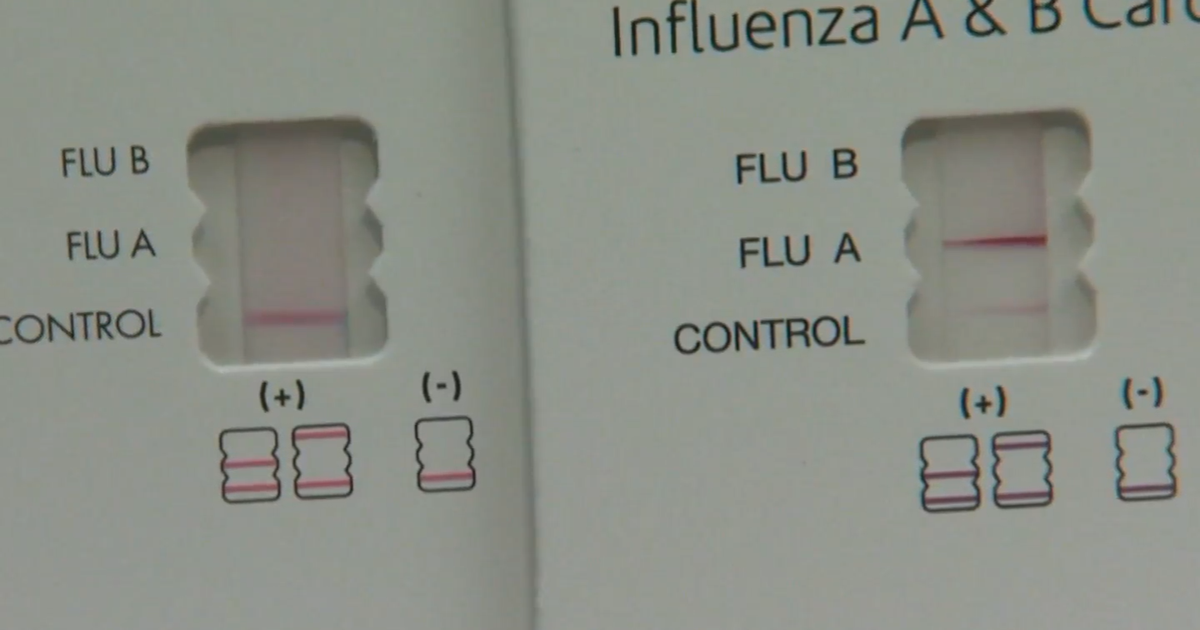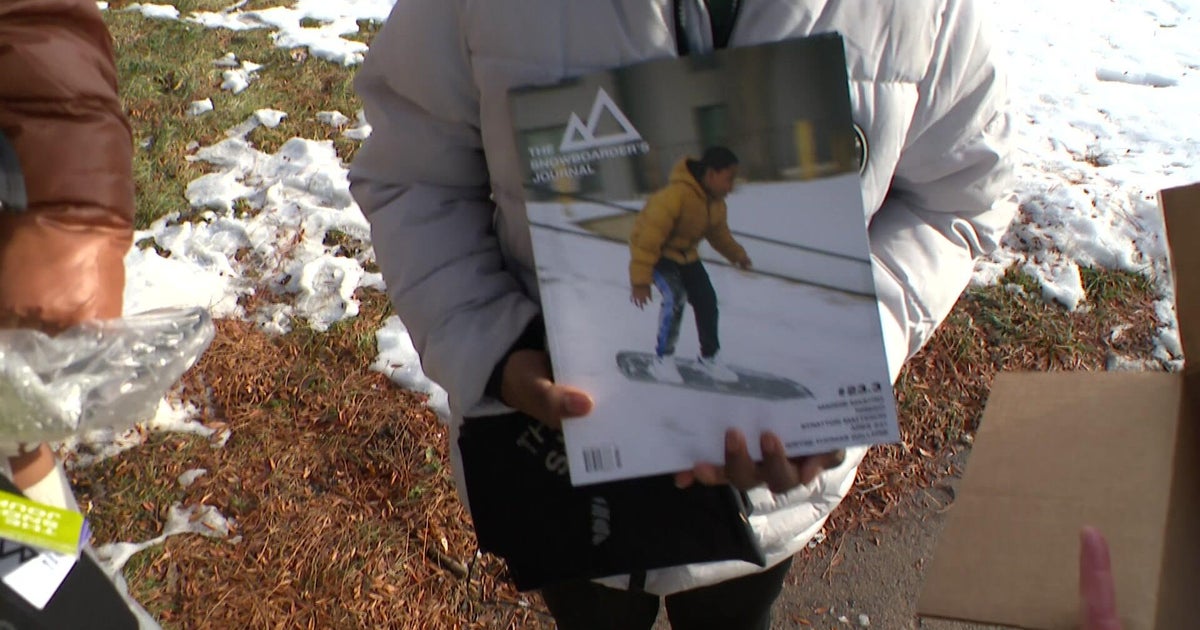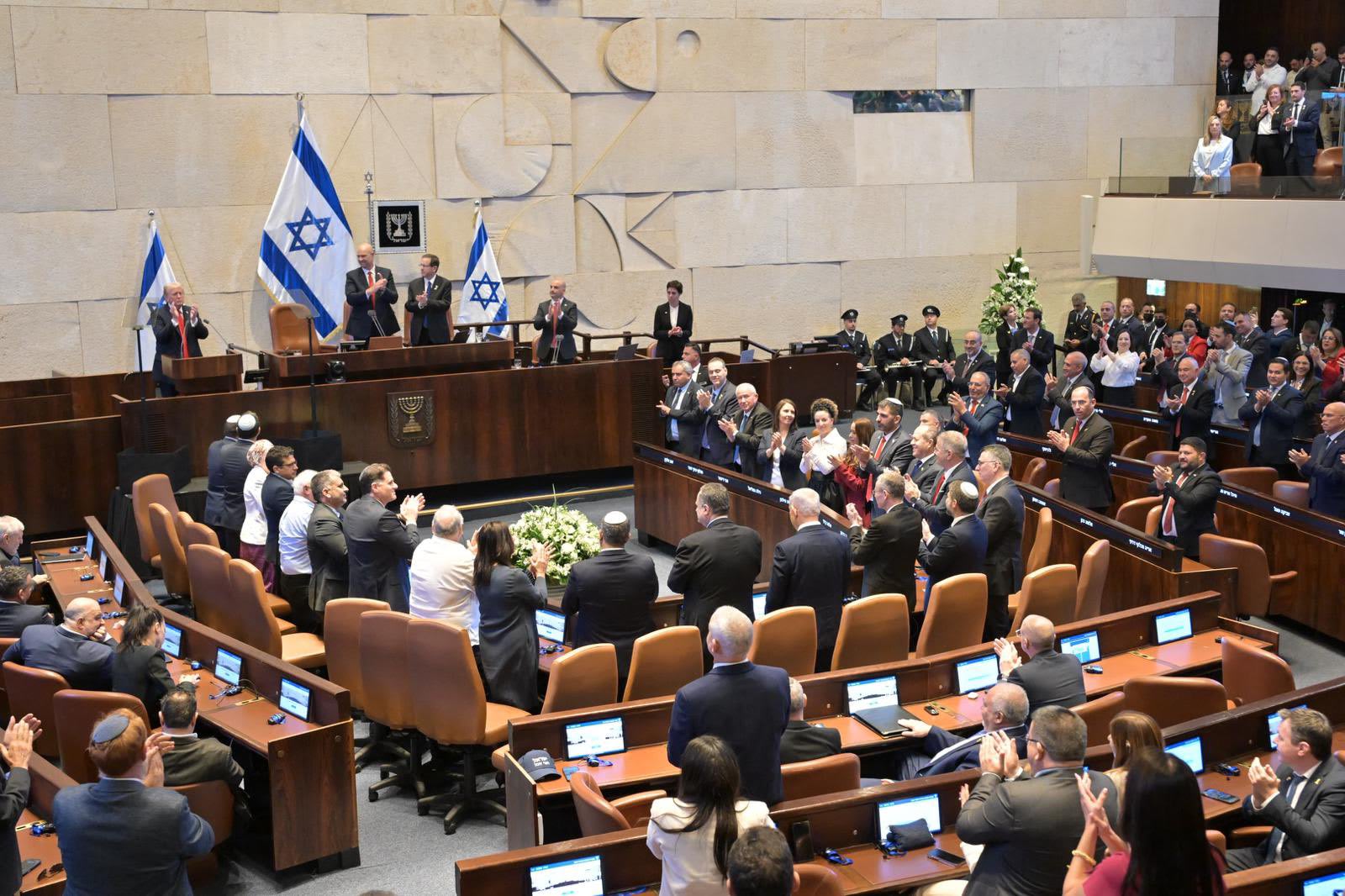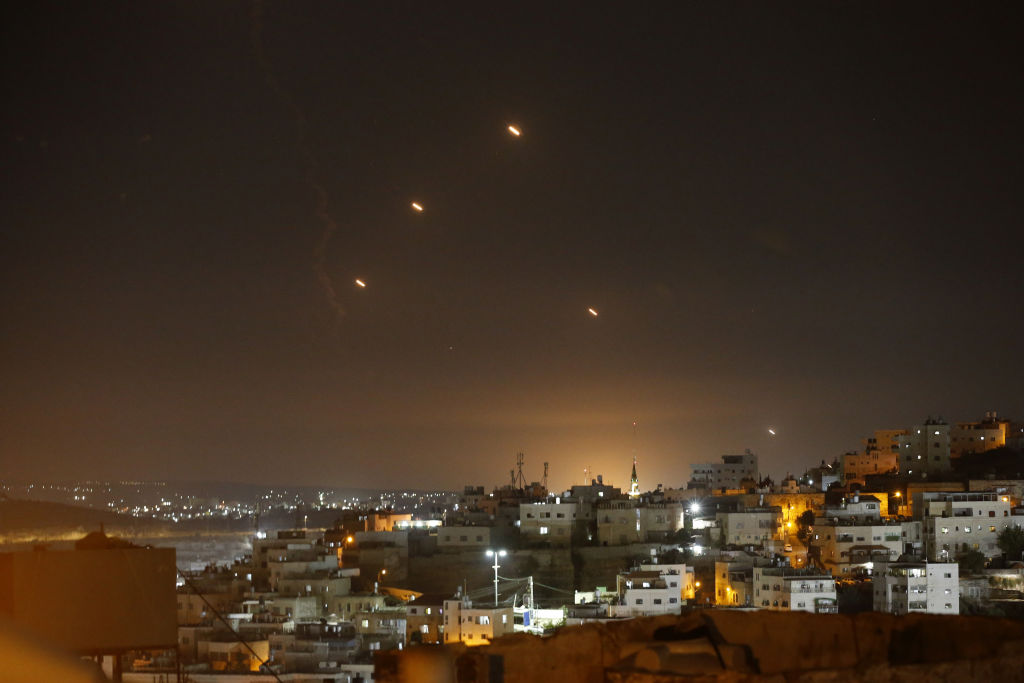Self-help tool helps Syrians deal with the trauma of war
It might look like an average city in the Middle East, but Market Street is the center of commerce in one of the world's largest refugee camps – the Zaatari camp in Jordan. That is where nearly 80,000 Syrians displaced by civil war are now living.
"None of us should ever be okay with calling this normal. But it's become an accepted reality for a lot of people," said Mike Niconchuk, who has been doing humanitarian work in the camp since 2012 and has seen a small collection of tents became something more permanent.
"I saw that journey of what started out as shock of adjusting to this place, of leaving home, of losing friends, losing family, losing the very sense of identity that was once sacred," said Niconchuk.
It is a loss that would be difficult for anyone, but perhaps hardest for those with invisible wounds.
"Nuclear weapons, chemical weapons, barrel bombs. … We've innovated in ways to stress people out, to traumatize people. And in the same way we have to innovate by understanding science and how we can hack those systems that we already have to heal," said Niconchuk.
It turns out, Niconchuk isn't just an aid worker – he's also a brain scientist. He works for the Innovation Lab at Beyond Conflict, a nonprofit that applies behavioral science to create positive social change. There, Niconchuk designs neuroscience-informed programs with the goals of violence reduction and psycho-social support.
To do that at the Zaatari camp, Niconchuk developed a self-help tool called The Field Guide for Barefoot Psychologists. It's a story about two Syrian siblings displaced by the war. The guide simplifies brain science and teaches its readers how the mind and body react to trauma and how to recover.
"So there are emotional, mental processes that have a physical impact on your body that can be addressed through simple exercises?" asked "CBS This Morning" co-host Michelle Miller.
"Absolutely," replied Niconchuk. "Something very simple, using your breath, putting pressure to certain points and joints in your body activates different aspects of the nervous system, of the endocrine system. We believe knowledge is power, so let's give knowledge. It's not that hard."
Kafa Eweijan agrees. The 28-year-old is from Homs but currently lives in a recycled shipping container at the camp with her husband and two children. She leads Field Guide sessions to teach mindfulness and to show others that anger and depression are natural responses to the horrors they've experienced.
Eweijan led Miller through a deep breathing exercise. "Does that work?" asked Miller. "I feel more relaxed, but I don't feel as though I've been through the trauma or stress that you have."
"Of course," responded Eweijan. "The body will imply to the brain that I can relax … I can deal with the situation … I'm okay. And we will be able to relax, and at the same time we will be effective.
These sessions have made all the difference for Yasmeen Al-Nassan. She would often have nightmares about the war. Sometimes, Al-Nassan's intrusive thoughts would have physical impacts, making her feel like her throat was about to close down.
Al-Nassan sought out help from a psychiatrist at the camp. "She would give me a medication … like sleeping pills or a sedative. I felt like it was local anesthesia, but what after local anesthesia? I go back to feeling the same way," she said.
But what she has learned through The Field Guide has given her lasting relief, driving much of her anxiety away. That, she said, allows her to focus on what really matters.
"What I want for myself to be a good mother, to find my way. I want my children to achieve the things that I couldn't," she said. "I want my children to realize the dreams I had for myself."
When asked how his program was different from the mental health services already available to people at the camp, Mike Niconchuk said, "Anyone is willing to read a story. By using story, we're functionally doing group therapy. You're allowing people who are living in a culture of incredible stigma against mental health an out, an effective out, where you're still talking about things by talking about characters in a story where you see yourself."
Perhaps the stories in "The Field Guide" hit home because they were co-authored by someone who lived them: Mohammad Kheir Mustafa. When asked how he came to Zaatari, Mustafa said, "It was a nightmare. First, just going from village to village. Then when things got even worse, and the situation became more difficult … there were no options. So we had to come here."
Mustafa believes that putting his suffering on the page can help other refugees change their mindset. "We truly need the awareness," said Mustafa. "If a person understood his surroundings, his body, his needs, if he understood his responses to circumstances and to traumas, then he will definitely be able to react properly,"
That's certainly what Abdallah Khasawneh hopes for. The 32-year-old is a Syrian government defector now calls the sea of shipping containers his home, but he dreams of raising his two young sons in a place with more opportunities. He says The Field Guide can offer a valuable shift in perspective.
"[It] came to help … to open up [a person's] eyes, to help him find the treasure that lies within him," said Khasawneh. "The guide was able to communicate with the person's soul. He didn't care about his looks, his relationships, he was talking to his essence. This is how the guide was really able to help."
The Field Guide is currently the subject of one of the largest studies to measure well-being in a post-conflict zone, and the findings are promising.
"There are some people who, because of the nature of their PTSD, they're hyper. They can't control their impulses. They have violent responses," said Niconchuk. "For other people the response to loss, to trauma has been to chill out, to mellow out too much, to become frozen. We're finding that every individual, no matter their symptom profile, seems to be getting what they need."
"If this works here, where else can it work?" asked Miller. "I wanna see this with young incarcerated men in the United States. I wanna see Neo-Nazis dealing with their own stress and trauma. I wanna see migrants coming across the border dealing with this," explained Niconchuk. "No one is guaranteed a life free from trauma. These are universal experiences, human experiences, and I want to see this in as many places as possible across the United States."
